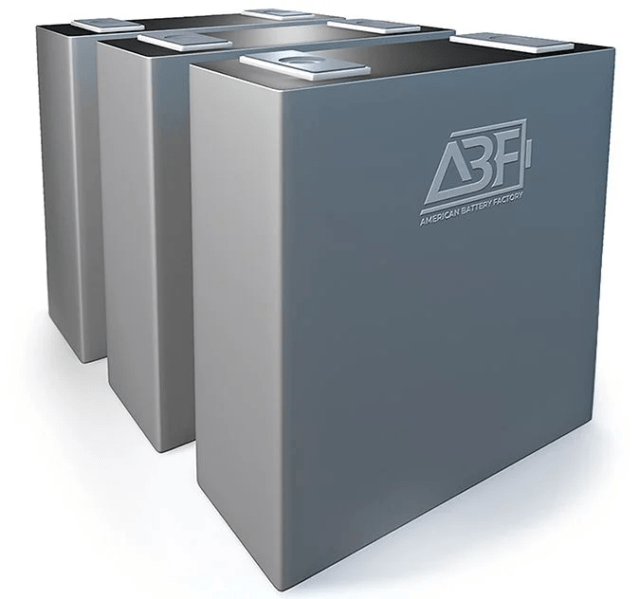American Battery Factory (ABF), a pioneering battery manufacturer leading the charge in developing the first network of lithium iron phosphate (LFP) battery cell gigafactories in the United States, marked a significant milestone as they broke ground on a massive two million square foot gigafactory in Tucson, Arizona.
The sprawling site is poised to create a substantial economic impact, generating an estimated 1,000 jobs and attracting a staggering $1.2 billion in capital investment. Furthermore, it is projected to contribute a remarkable $3.1 billion to Arizona’s economy, highlighting the company’s commitment to accelerating the growth of America’s clean energy sector.
ABF’s strategic decision to establish the gigafactory in Tucson is underpinned by the region’s advantageous high-capacity border and transportation infrastructure. This prime location will enable the efficient shipment of battery cells nationwide and across the globe, supporting the company’s mission to meet the surging demand for advanced energy storage solutions.
The global lithium battery market is on a remarkable growth trajectory, with predictions indicating that it could reach a staggering $105 billion by 2025. ABF’s battery cells, developed with lithium iron phosphate chemistry, are set to play a pivotal role in this expansion. Their commitment to safety, longevity, reliability, and environmental sustainability has positioned their batteries as the current industry benchmark.
Situated across 267 acres in Pima County’s Aerospace Research Campus, in close proximity to esteemed companies like Raytheon, ABF’s gigafactory is set to become a hub for energy storage innovation. The location offers significant opportunities for the development of cutting-edge battery technology.
ABF is committed to sustainable construction practices and plans to utilize rapid modular construction by Sprung Instant Structures to expedite the development process. The company aims to have the headquarters, research and development center, and the initial factory module in operation by 2025. This cutting-edge construction approach not only minimizes waste but also ensures an airtight environment that safeguards the battery cells during production.
The recent expansion of ABF’s executive leadership team reflects the company’s dedication to its vision. Notably, they have welcomed former Major General John Kem as President and acclaimed scientist Dr. Jun Liu as Chief Scientist. Furthermore, ABF has forged strategic partnerships with industry leaders such as Celgard, Anovion, and FNA Group, further strengthening their position in the rapidly evolving battery manufacturing landscape.

